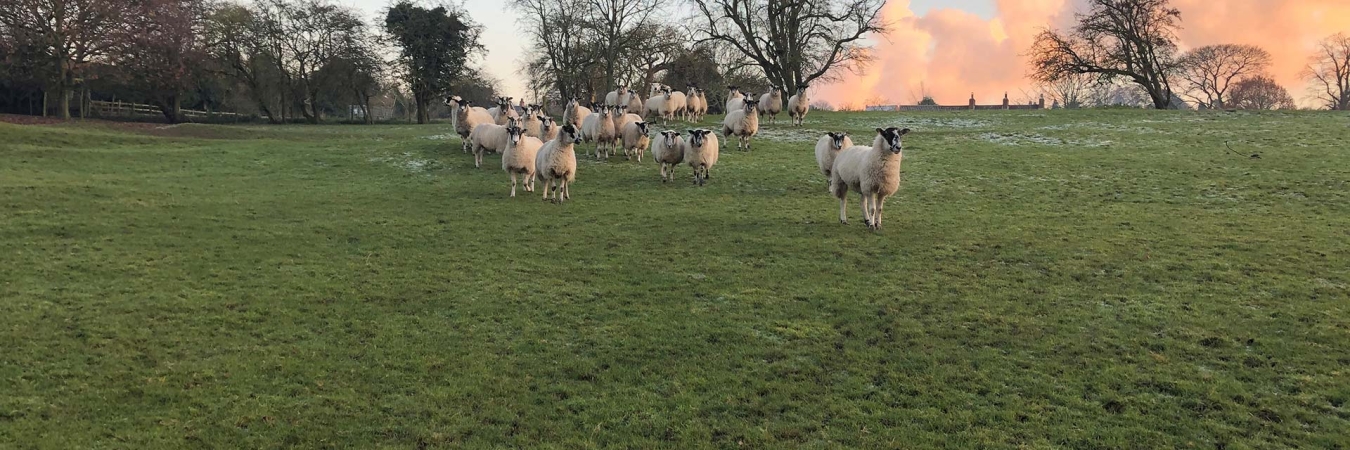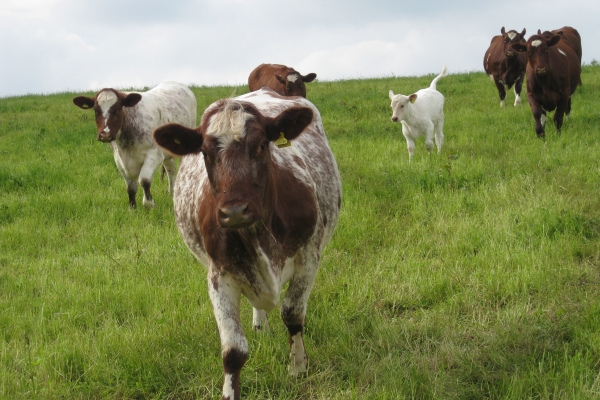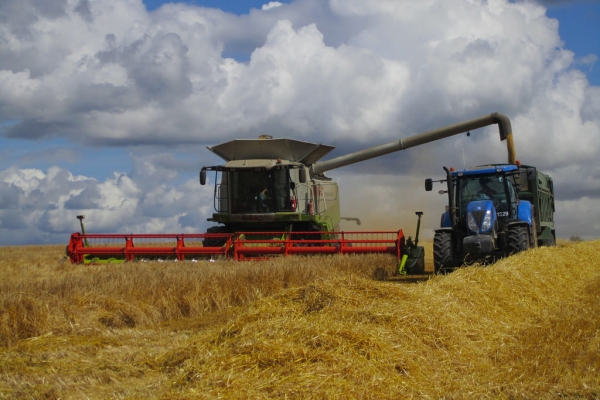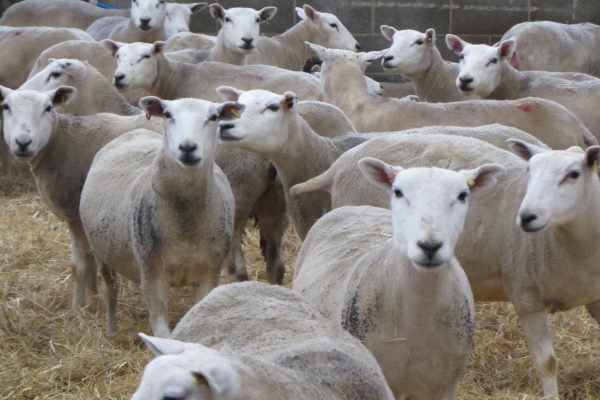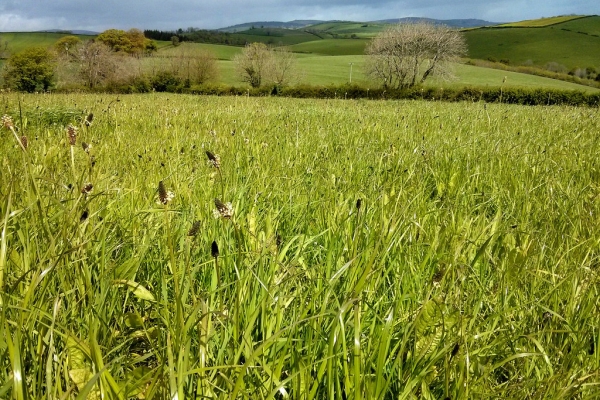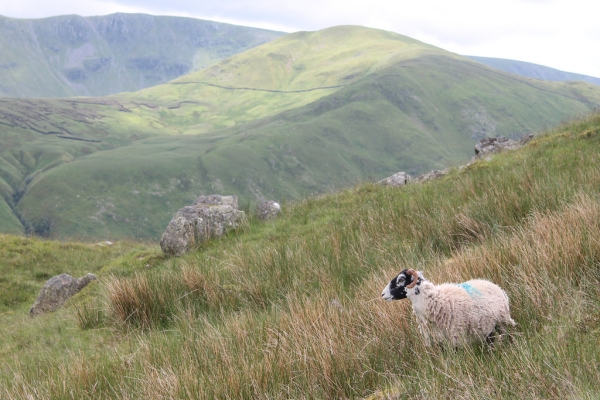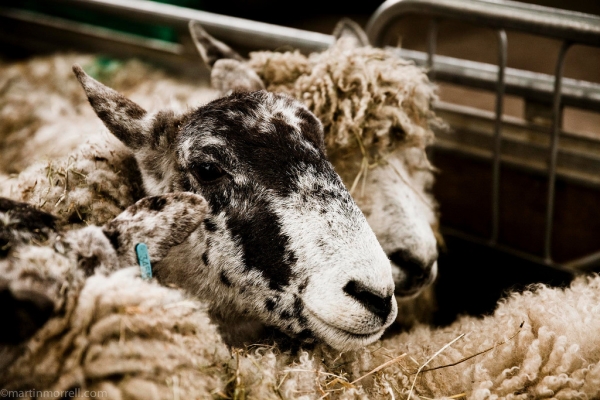Sageguard
Toolbox for sheep and goat systems sustainability
Resource explained
Sageguard is a toolbox of recommendations regarding sustainability indicators (especially for social, economic and animal welfare) and practical decision-making tools for sheep and goat farmers. It was an output of the Innovation for Sustainable Sheep and Goat Production in Europe (iSAGE) project. The Sageguard Toolbox comprises of three sections:
- ‘Signposts to sustainability’ – the sustainability knowledge and practice assessment
- Sageguard itself – the toolbox of sustainability information
- Sageguard cards – an offline resource
The toolbox aims to cater for a diversity of users, from students to practicing individuals and hobby farmers to large-scale producers, opening up the conversation of sustainability to a wider audience in the context of sheep and goat production.
Findings & recommendations
- Signposts to Sustainability: Signposts is designed to help farmers identify the current sustainability strengths and weakness of their businesses without a formal assessment. The sustainability indicators are arranged into themes; Livestock, Environmental Integrity, Economic Resilience, Social Well-being and Good Governance. The user progresses through the questions ticking the relevant boxes. The answers are then displayed as a series of red or green (or occasionally red and green or grey, question dependent) boxes, with red indicating that the farmer could improve this aspect of sustainability. The boxes then link through to the Sageguard section of the toolbox. In Sageguard the user finds links to articles and information on sustainability. Each indicator question in Signposts has a corresponding section in Sageguard so a farmer with red in their assessment can always find information to help. Sageguard can also be used independently and simply browsed for information.
- Sageguard cards: The Sageguard Cards are an offline resource that farmers can use in the field to provide a series of ‘hints and nudges’ towards improving sustainability performance. They use more open questions that encourage users to visit the website to find out more.
Lisa Arguile and Dr Marion Johnson summarise the work conducted over the past four years in ORC Bulletin 132, Autumn/Winter 2020 ‘Sustainable sheep and goat production – a holistic approach‘
